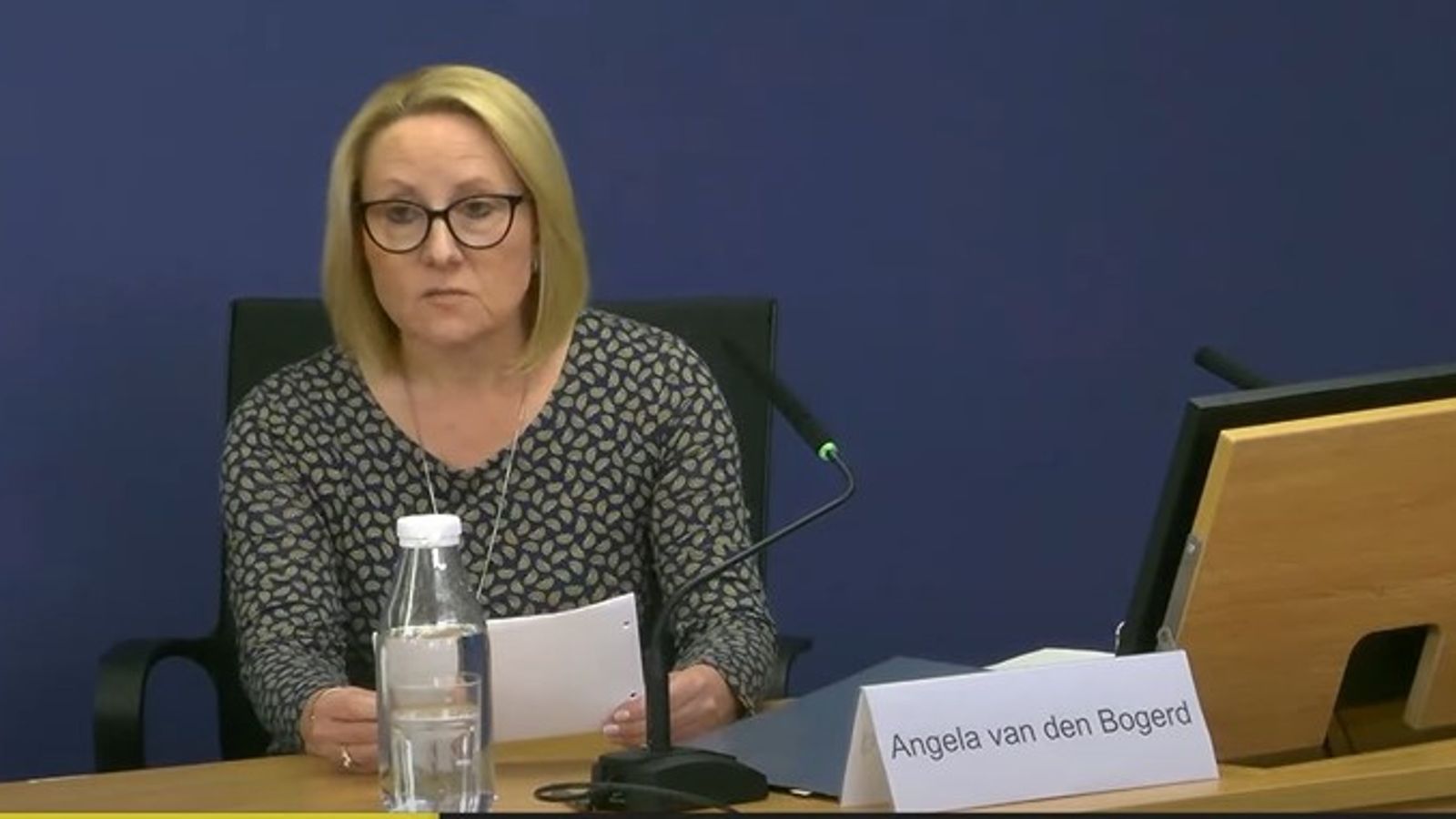The number of working days lost to strike action totalled 220,000 in January, figures from the Office for National Statistics (ONS) show.
In the first month of this year, strike action was taken by teachers, rail workers, driving examiners, bus drivers and NHS staff.
The number is down from 822,000 days lost to strikes in December 2022.
Unemployment remained steady at 3.7%, the same as last month and only a slight increase from a low not seen since 1974. The rate had been expected to increase to 3.8%, economist polled by Reuters forecast.
Darren Morgan, director of economic statistics at the Office for National Statistics, said: “The number of working days lost to strikes fell in January from the very high level seen in December. Nevertheless, many days were still lost, with education the most affected sector.”
Despite unemployment remaining low, the number of job vacancies fell for the eighth consecutive period by 51,000 to 1.1 million from December to February. The fall reflects uncertainty across industries, as ONS respondents cited economic pressures as a factor in pausing or refraining from hiring.
Pay, including bonuses, rose 5.7% from November to January. But despite increased wages, workers are still earning less.
Real pay, including bonuses, fell 3.2% wage and bonus growth failed to keep up with the increasing cost of goods.
Most recent official figures show inflation stands at 10.1%, meaning people are effectively earning less.
Pay rises differed across the economy and private sector wages continue to surpass public sector wage increases.
Private employers had their pay increased by an average of 7% while public sector workers only had a pay bump of 4.8%.
The numbers of people neither working nor seeking work, the economic inactivity rate, decreased to 21.3% in November 2022 to January 2023, down from 21.4% in the three months up to December. The decrease was driven by people aged 16 to 24 years.
Coming out of the pandemic the number of people neither working nor seeking work for a range of reasons had risen to more than nine million people, one-in-five working age adults.
Responding to the figures, Chancellor Jeremy Hunt said:
“The jobs market remains strong, but inflation remains too high. To help people’s wages go further, we need to stick to our plan to halve inflation this year.
“Tomorrow at the budget, I will set out how we will go further to bear down on inflation, reduce debt and grow the economy, including by helping more people back into work.”






